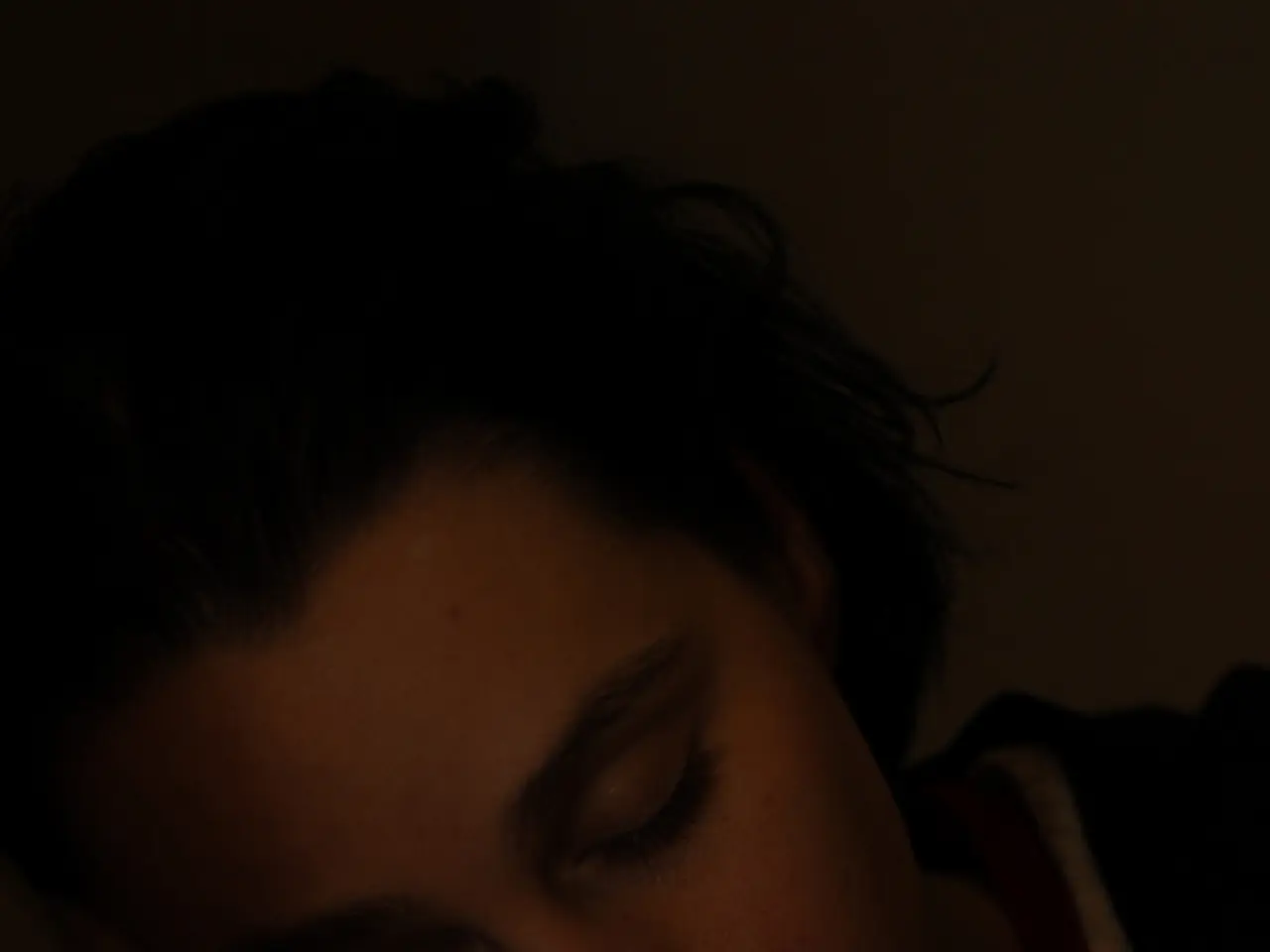Treatment Duration of One Hour Successfully Alleviates Insomnia in 73% of Test Subjects
**Headline:** Single-Session Cognitive Behavioral Therapy Shows Promise in Treating Acute Insomnia
A recent study associated with Northumbria University suggests that a brief, one-hour session of Cognitive Behavioral Therapy for Insomnia (CBT-I) could potentially improve sleep quality for individuals experiencing acute insomnia.
**Key Findings and Effectiveness**
The study, titled "Single-Shot" Cognitive Behavioral Therapy for Insomnia (CBT-I) Is Related to Improvements in Sleep Onset and Maintenance Problems (2025), found that this one-hour CBT-I session was associated with improvements in both the time it took to fall asleep (sleep onset) and the ability to stay asleep (sleep maintenance).
However, while the study's abstract highlights improvements in sleep disturbances, it does not provide direct evidence regarding the long-term prevention of chronic insomnia following a single session. Traditional CBT-I interventions for chronic insomnia prevention typically involve multiple sessions over several weeks.
**Summary Table**
| Intervention | Duration | Reported Outcomes | Chronic Insomnia Prevention | |---------------------|------------------|------------------------------------|----------------------------| | Single CBT-I Session| 1 hour | Improved sleep onset/maintenance | Not explicitly demonstrated| | Multi-session CBT-I | Several weeks | Established for chronic prevention | Well-established |
**Methodology**
The study involved 40 participants who had been experiencing insomnia for less than three months. The participants were divided into two groups, one receiving a one-hour, one-on-one CBT session, a self-help pamphlet, and a sleep diary, while the other group received no intervention.
**Conclusion**
The findings indicate a significant improvement in sleep quality for the treatment group compared to the control group. After one month, 60% of the treatment group reported improved sleep quality, and this number increased to 73% after three months.
Professor Jason Ellis, the study's lead researcher, emphasized the potential benefits of early intervention in preventing the progression of acute insomnia to a chronic condition. He also highlighted the potential benefits in terms of healthcare savings and improved quality of life for individuals.
CBT-I is a structured, evidence-based approach that addresses the thoughts and behaviors contributing to sleep problems. It offers a non-pharmacological solution that empowers individuals to manage their sleep health effectively. As a first-line treatment for chronic insomnia, recommended by various health organizations, CBT-I could play a significant role in addressing the widespread issue of sleep disorders.
It is important to note that the study's findings are based on a peer-reviewed meeting abstract, and specific effect sizes, statistical significance, and follow-up durations are not fully detailed in the current public record.
Acute insomnia, often triggered by stress or life events, can become chronic if not addressed promptly. By addressing sleep issues early, individuals can avoid the long-term consequences of chronic insomnia and improve their overall well-being.
Science suggests that a single-hour session of Cognitive Behavioral Therapy for Insomnia (CBT-I) could potentially improve sleep quality for individuals experiencing acute insomnia, contributing to health-and-wellness and mental-health. However, while this brief intervention promises short-term results, traditional CBT-I interventions for chronic insomnia prevention often involve multiple sessions and should be considered for long-term health benefits. Furthermore, therapies-and-treatments like CBT-I offer a non-pharmacological solution that empowers individuals to manage their sleep health effectively, contributing to the wider discourse on health-and-wellness and mental-health.




